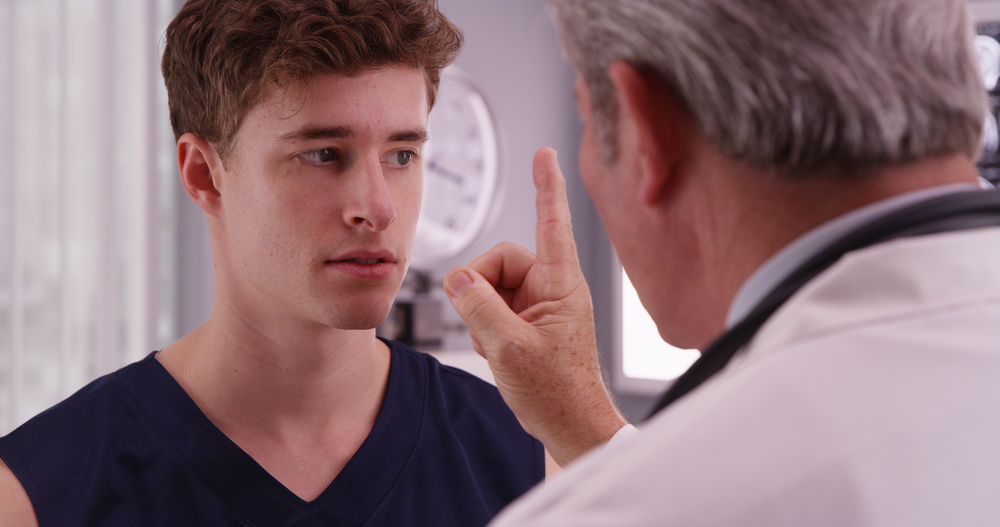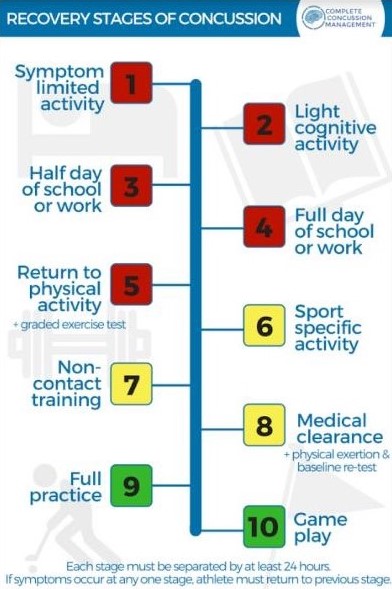
What is a concussion?
A concussion is a brain injury caused by acceleration or deceleration of the brain following a significant impact to the head or elsewhere on the body. The impact causes biochemical imbalances within brain cells, resulting in decreased blood flow and temporary energy deficits. Symptoms may include loss of consciousness, headache, pressure in the head, neck pain, nausea or vomiting, dizziness, or balance problems, among others.

Multimodal Baseline Testing
Multimodal baseline testing is a series of physical and cognitive tests that provide a pre-injury overview of healthy brain function. These tests can offer healthcare practitioners an objective benchmark on which to compare should an athlete sustain a concussion.
As concussion symptoms often disappear days to weeks before the brain has recovered, having valuable baseline information may help healthcare practitioners to make safer return to play decisions.
Concussion Treatment
During the early stage following injury, a period of relative symptom limited physical and cognitive rest is recommended. Research suggests 24 to 48 hours; however, these decisions are made on a case-by-case basis.
Following a short period of rest, the International Consensus Statement on Concussion in Sport recommends a gradual increase in mental and physical activity guided by a licensed healthcare practitioner trained in concussion management. If symptoms persist beyond 10 days, exercise therapy, manual therapy of the neck, diet and nutrition changes, and vestibular and visual rehabilitation can be effective treatment options in these cases.
Return to Learn, Work and Play
Standardized concussion treatment and Return to Learn, Work, and Play strategies ensure adequate recovery time, and thereby limiting the risk of further injury. We recommend a 10-step process which includes a phased return to cognitive and then physical activity:

Concussion Quick Facts
– Helmets and mouth guards do not protect or reduce the risk of concussion
– 90% of concussions do not result in loss of consciousness
– MRI and other diagnostic scans show structural damage in the brain, and do not identify energy deficits caused by concussion
– Symptoms of concussion typically go away in 7 – 10 days; however, the actual recovery of the brain can take much longer
At Capital Clinic Physiotherapy, Declan Gillian has completed extensive training and is available for Baseline Testing and the assessment and management of concussion.
